Bhoomi Kaushik
Get Real Experts on your side
Before venturing to seek career counseling, answer a few basic questions so we can connect you with our best expert counselor for personalised guidance and mentorship.




Bhoomi Kaushik
30/01/2025
Teaching is one of the most respected professions in India. Becoming a government teacher not only provides job security but also ensures good pay and numerous benefits. If you aspire to become a government teacher in India, here is a step-by-step guide to help you achieve your goal.
1. Understand the Eligibility Criteria

Before you start your
journey, it is essential to understand the eligibility requirements for
becoming a government teacher. The criteria vary depending on the level of
teaching you wish to pursue:
a. Primary School Teacher (Classes 1-5):
You need to complete a
Diploma in Elementary Education (D.El.Ed) or a Bachelor of Elementary Education
(B.El.Ed).
b. Upper Primary School Teacher (Classes 6-8):
A Bachelor's degree along
with a Diploma in Elementary Education (D.El.Ed) or a Bachelor of Education
(B.Ed) is required.
c. Secondary & Higher Secondary School Teacher (Classes 9-12):
A Bachelor's or Master's
degree in the relevant subject along with a B.Ed qualification is mandatory.
2. Obtain the Required Educational Qualifications
a. For Primary Teachers:
Complete D.El.Ed or B.El.Ed
after your 12th standard.
b. For Secondary Teachers:
Earn a Bachelor's degree in
the subject you want to teach and then complete a B.Ed program.
c. For Higher Secondary Teachers:
A Master's degree in the
relevant subject, along with a B.Ed or M.Ed qualification, is required.
3. Qualify for Teacher Eligibility Tests (TET)

To become a government
teacher, you must pass one of the following Teacher Eligibility Tests (TET):
a. Central Teacher Eligibility Test (CTET):
Conducted by CBSE, this exam
is required for teachers applying to central government schools such as
Kendriya Vidyalaya (KV), Navodaya Vidyalaya (NVS), etc.
b. State Teacher Eligibility Test (STET):
Each state conducts its own TET for recruitment in state government schools.
c.Teachers' Recruitment Exam (TRE):
Some states have specific
recruitment exams in addition to the TET.
4. Apply for Government Teaching Jobs
Once you have cleared the
required eligibility test, you can apply for teaching positions in government
schools. Vacancies are announced through:
|
Undergraduate Programs |
Post Graduate Programs |
5. Clear the Recruitment Process
The recruitment process
typically involves:
a. Written Exam: To
assess subject knowledge and teaching aptitude.
b. Interview & Document Verification: Shortlisted
candidates are called for an interview, followed by verification of educational
and identity documents.
c. Merit List & Appointment: Based on exam performance
and interview scores, a final merit list is prepared, and appointment letters
are issued.
6. Undergo Training (If Required)
Some states require newly
appointed teachers to undergo training before joining duty. This may include:
7. Begin Your Career as a Government
Teacher
Once you receive your
appointment, you can start your career in a government school. Keep enhancing
your skills through professional development courses and workshops to grow in
your profession.
Conclusion:
Becoming a government
teacher in India requires dedication, patience, and continuous learning. By
obtaining the necessary qualifications, clearing the eligibility tests, and
successfully passing the recruitment process, you can secure a stable and
fulfilling teaching career in the public education sector.

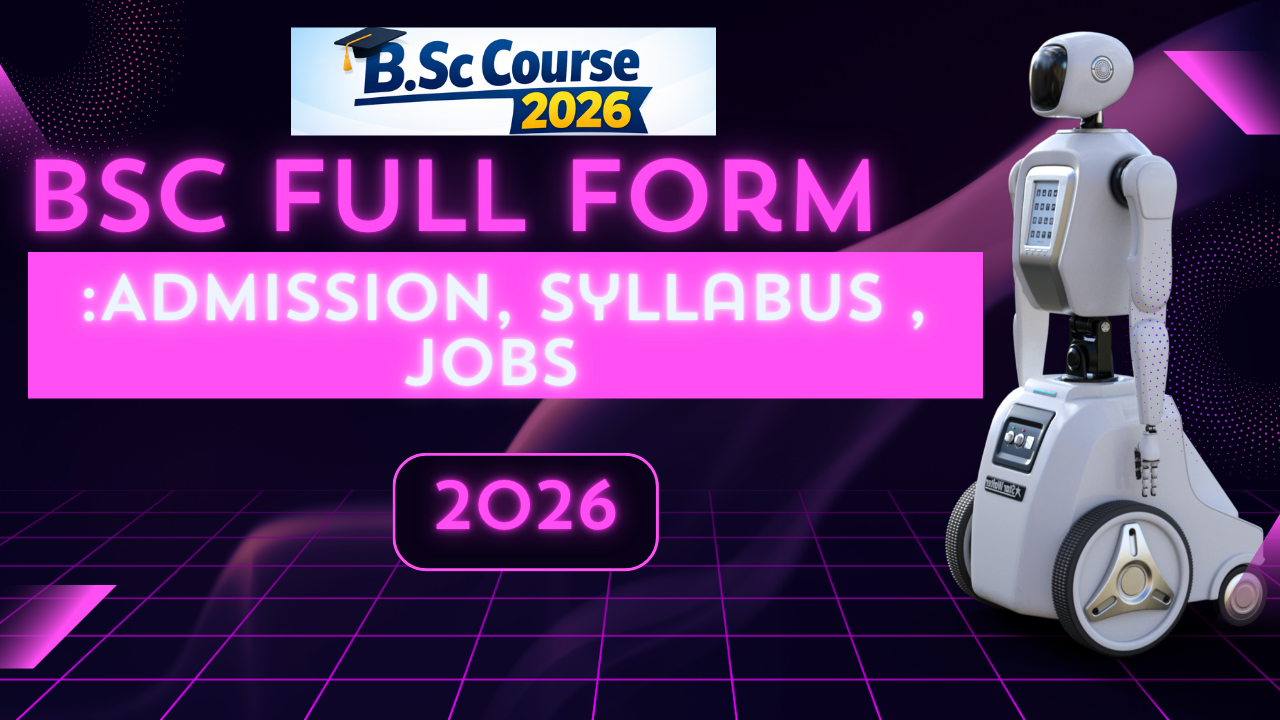
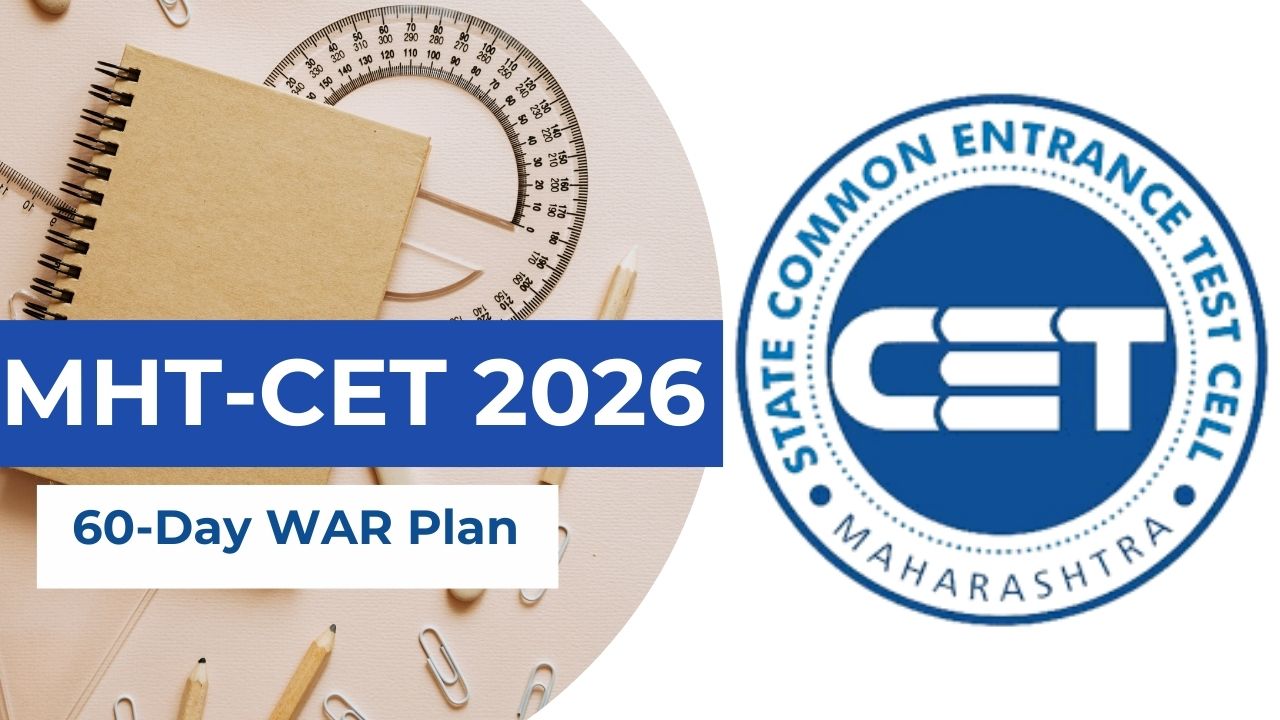
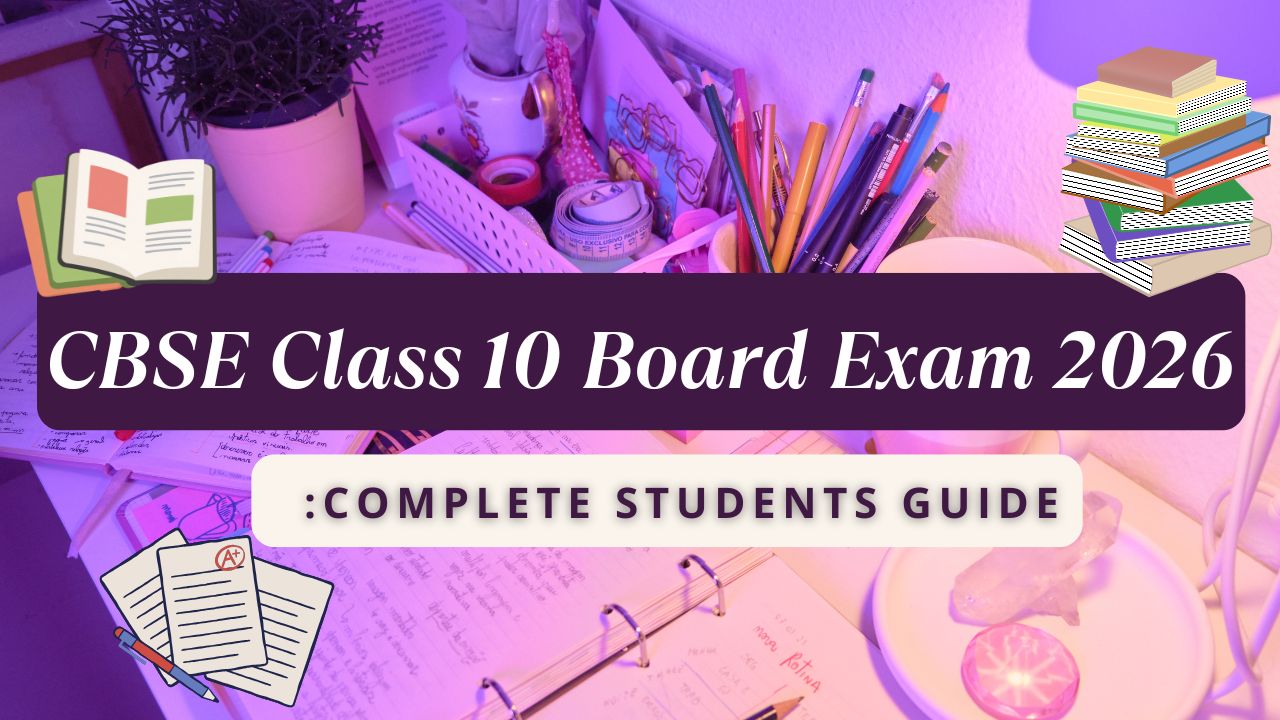
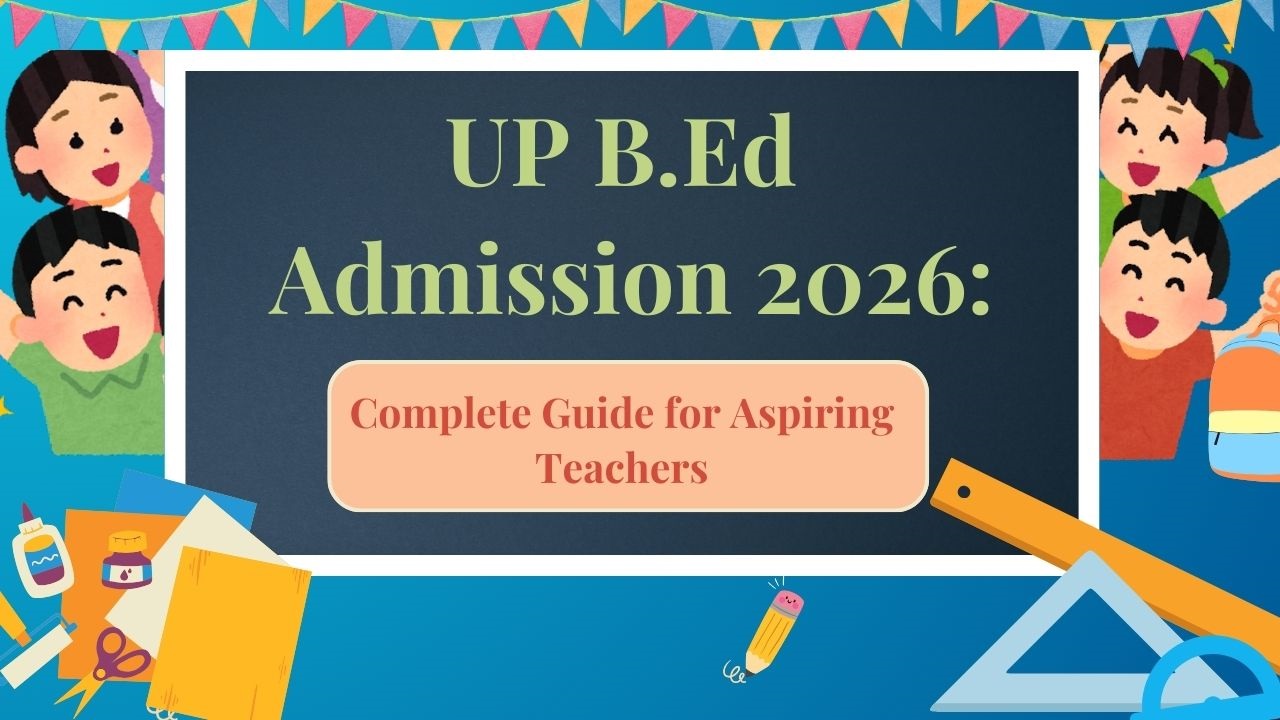
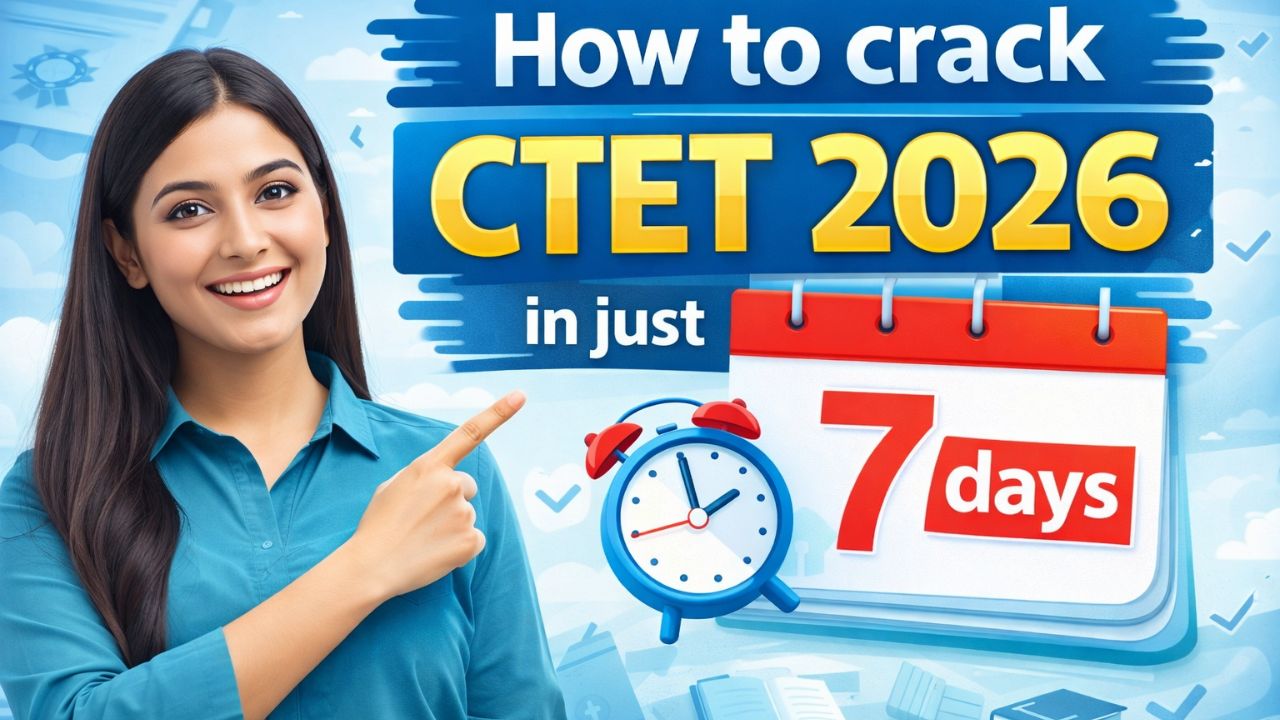
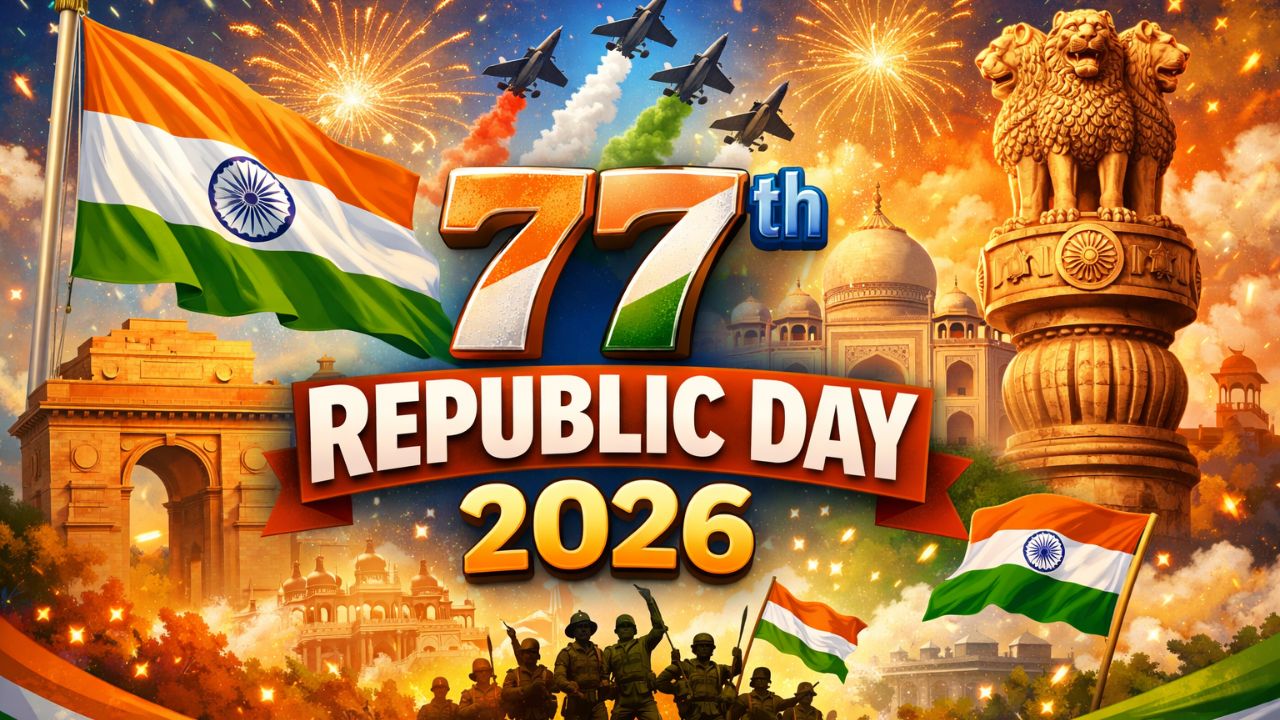


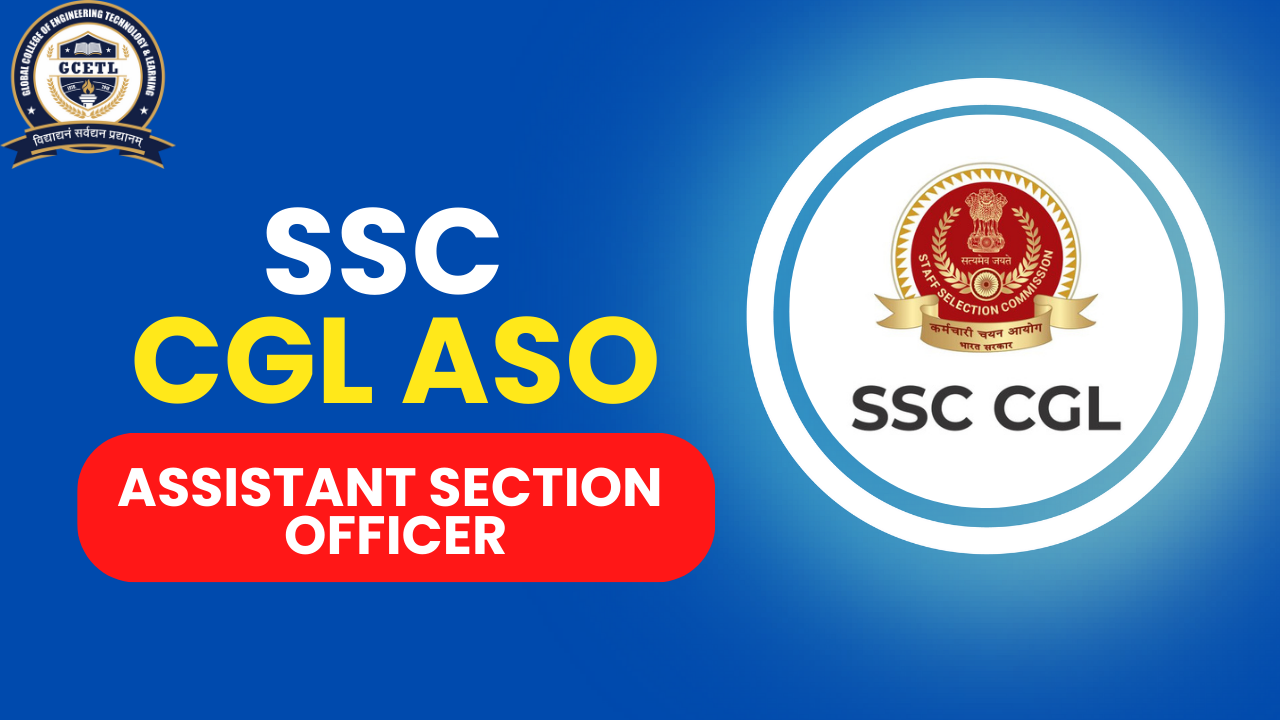
.png)




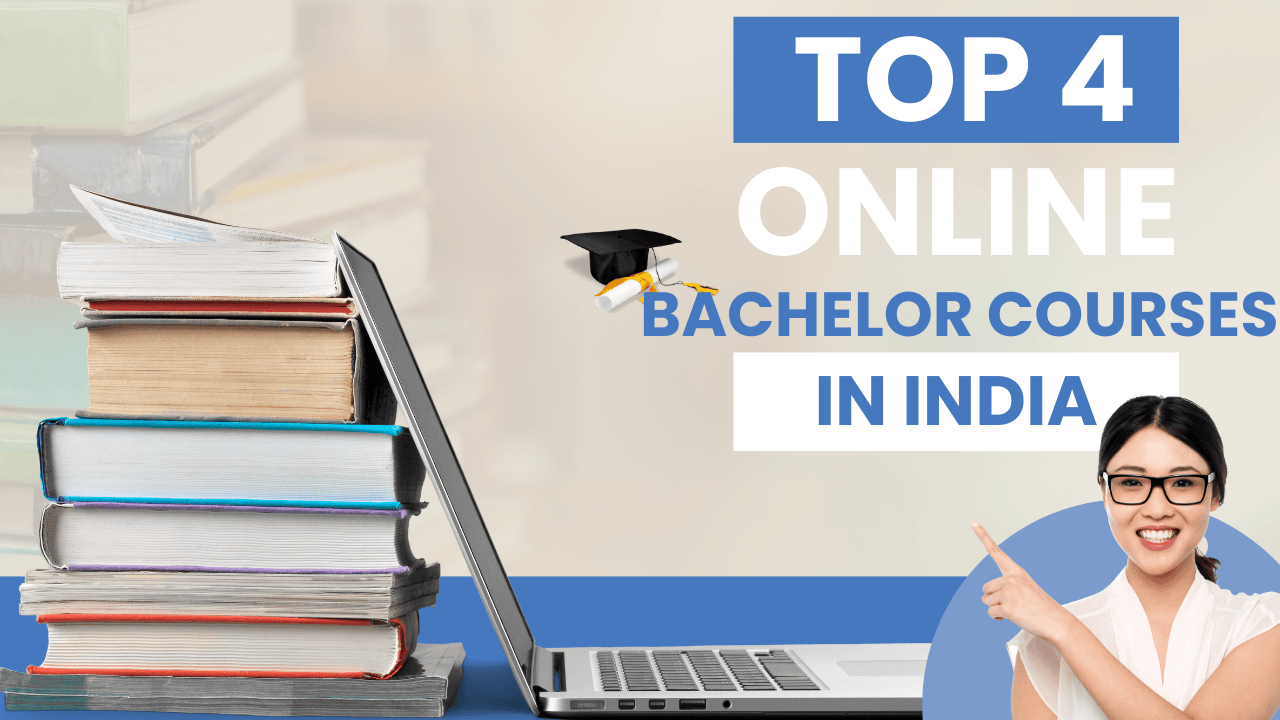



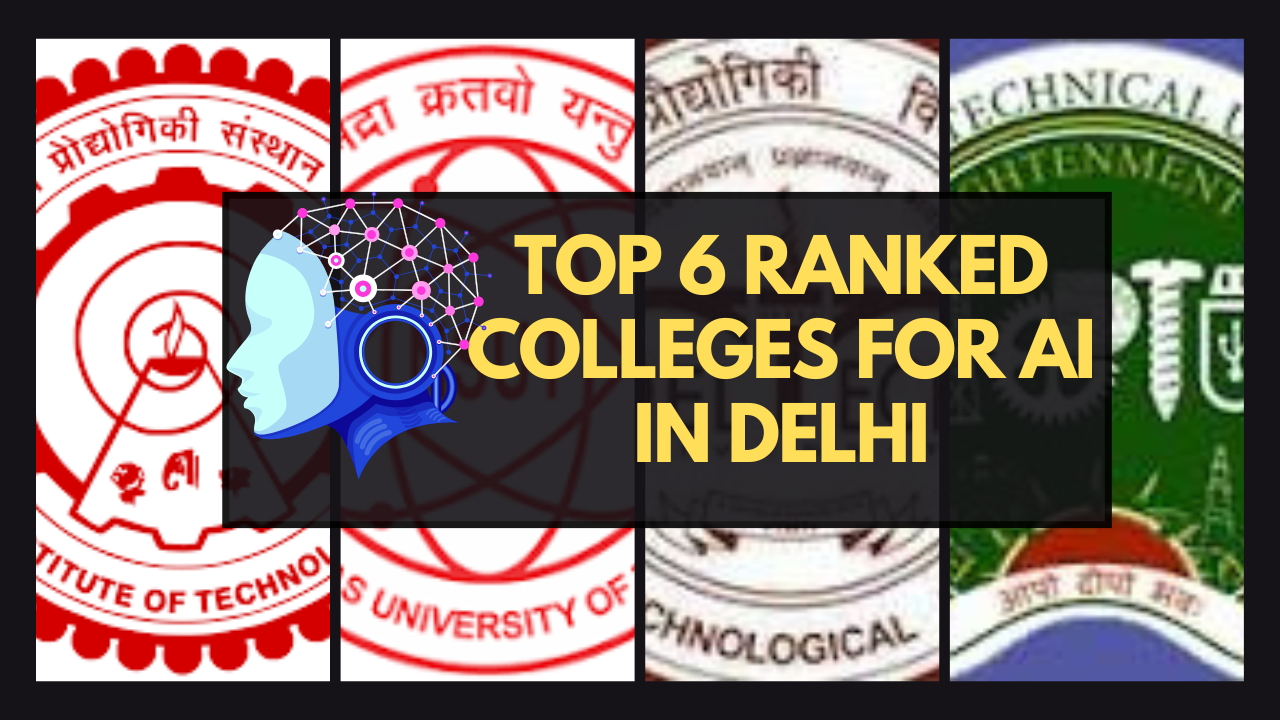


.jpg)
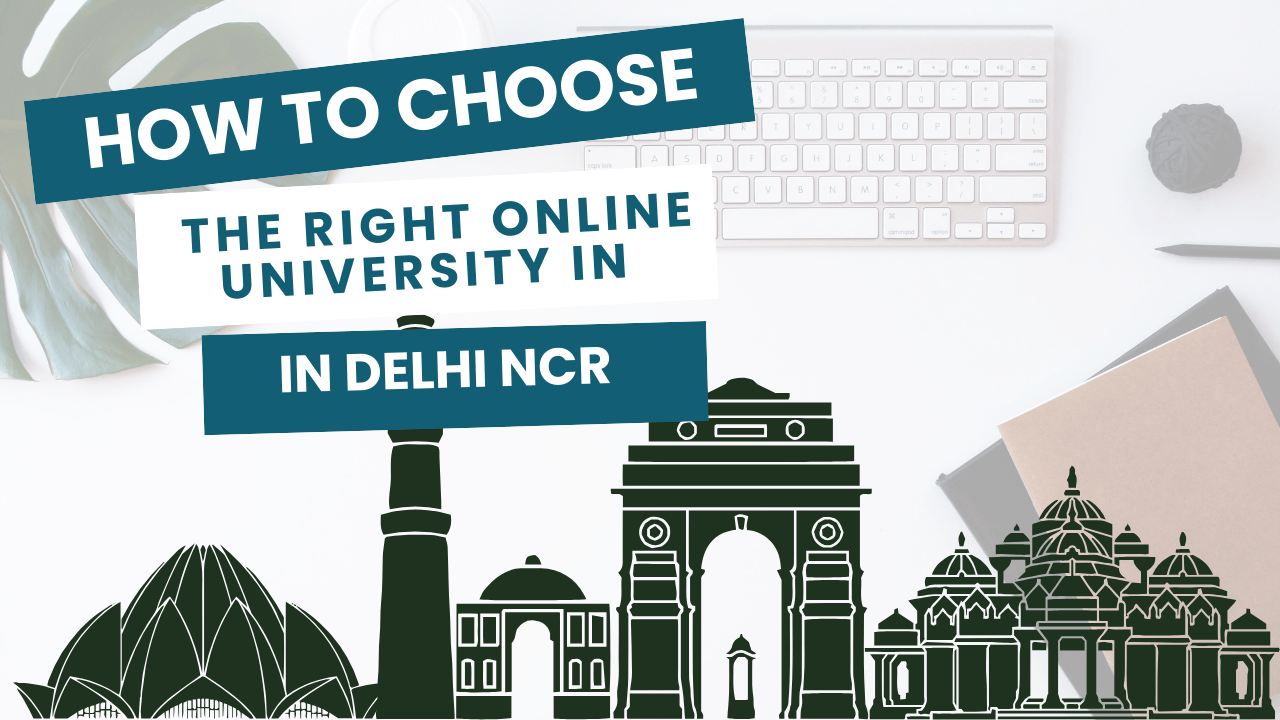

.jpg)




.png)







.png)

.png)




.png)

.png)
.png)



.png)

.png)


.png)

.png)


.png)

.png)

.png)
.png)

 (1).png)



.png)

.png)
.png)


.png)


.png)


.png)

.png)







.png)





.png)


.png)














.png)













.png)




.jpg)






.png)




.png)


.png)
.png)
.png)
.jpg)



.png)


.png)
.png)
.png)



.png)











.png)
.png)



.png)


.png)
.png)


.jpg)







.jpg)









.jpg)





.png)


.jpg)



Before venturing to seek career counseling, answer a few basic questions so we can connect you with our best expert counselor for personalised guidance and mentorship.
